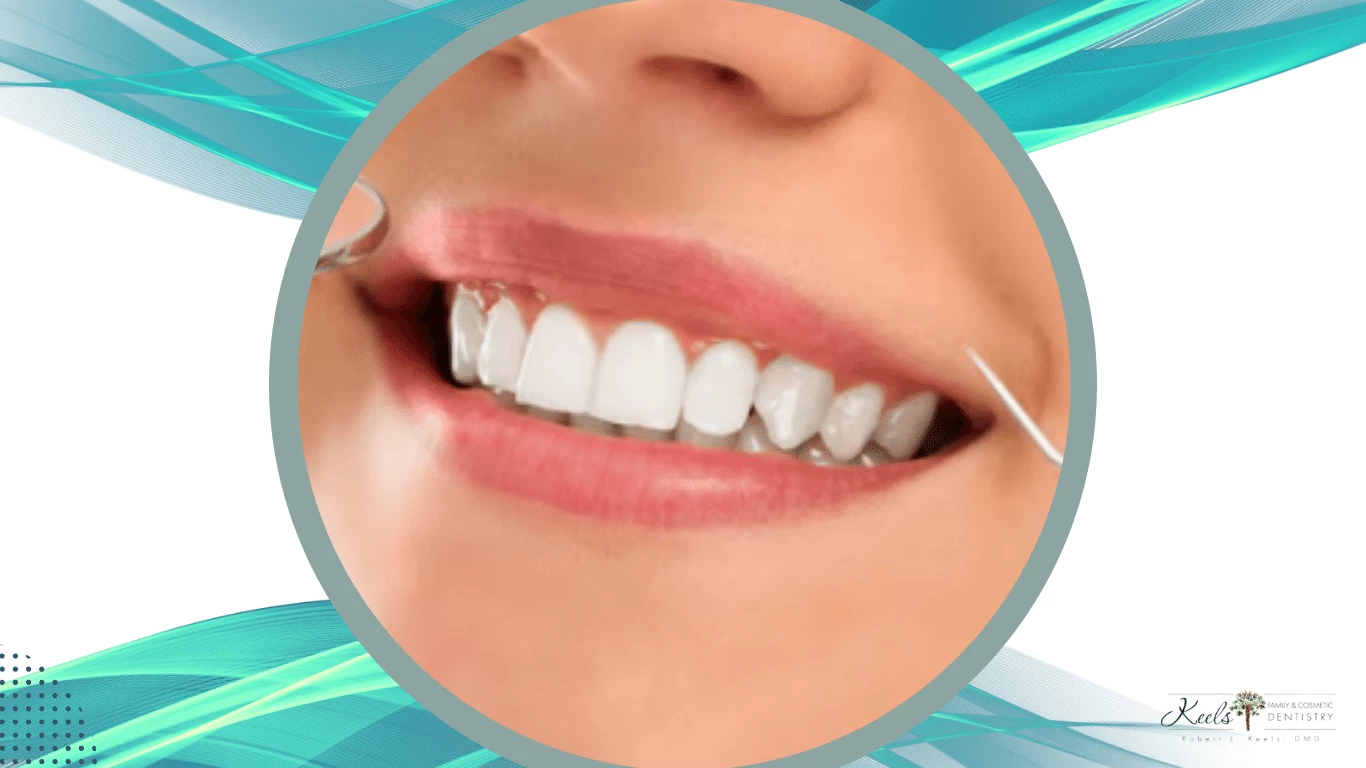The Ultimate Guide to Multi-Tooth Dental Implants: Everything You Need to Know
Multi-tooth dental implants are a great choice for people who are missing multiple teeth. They have become quite popular in recent times. Hey there! In this awesome guide, we’ll give you all the details about multi-tooth implants.
Why Multi-Tooth Dental Implants are Right for You
Multi-tooth dental implants are ideal for those who have lost more than one tooth due to decay, injury, or periodontal disease. Unlike traditional bridges or partial dentures, multi-tooth implants do not require support from adjacent teeth, thus preserving your natural tooth structure. They also offer a more permanent and stable solution, improving both oral functionality and aesthetic appearance.
Benefits include:
- Better oral health maintenance as they don’t rely on neighboring teeth for support.
- Enhanced comfort and convenience compared to removable dentures.
- Improved bite strength and ease in eating.
- Preservation of jawbone and facial structure.
How Multi-Tooth Dental Implants are Placed
The process of placing multi-tooth dental implants involves several steps:
- Initial Consultation: A comprehensive oral examination, including X-rays or 3D imaging, to assess the suitability for implants.
- Preparatory Work: If required, procedures such as tooth extractions or bone grafting are performed.
- Implant Placement: Implants are surgically placed into the jawbone at the sites of missing teeth.
- Healing Period: A period of healing is allowed for osseointegration, where the implants bond with the bone.
- Abutment and Prosthetic Placement: Abutments are attached to the implants, followed by the placement of the prosthetic teeth (bridges or dentures).
Potential Risks and Complications with Multi-Tooth Dental Implants
As with any surgical procedure, there are potential risks and complications, including:
- Infection at the implant site.
- Injury or damage to surrounding oral structures, such as blood vessels or nerves.
- Implant failure due to poor osseointegration.
- Possible complications in patients with certain medical conditions or poor oral hygiene.
It is crucial to discuss these risks with your dentist to understand how they apply to your specific situation.
Care and Maintenance of Multi-Tooth Dental Implants
Proper care and maintenance are essential for the longevity of multi-tooth dental implants. Key aspects include:
- Remember to floss and brush regularly to keep your smile looking great!
- Routine dental check-ups and cleanings.
- Avoiding hard or sticky foods that could damage the implants.
- Quitting smoking, as it can negatively impact the health of your implants.
By following these guidelines, multi-tooth implants can last many years, providing a functional and aesthetic tooth replacement.
Cost of Multi-Tooth Dental Implant
The cost of multi-tooth dental implants can vary significantly based on several factors:
- Number of Implants: The more teeth you need to replace, the higher the cost.
- Geographical Location: Costs can vary depending on where you live and the average pricing in your region.
- Dentist’s Experience and Expertise: Experienced and well-regarded dental implant specialists may charge more for their services.
- Additional Procedures: Costs may increase if you require additional procedures like bone grafts.
Despite the higher upfront cost compared to traditional bridges or dentures, multi-tooth implants offer a more durable and long-term solution, potentially making them more cost-effective over time.
Some dental insurance plans may cover a portion of the costs, and many dental practices offer financing options to help manage the expenses. It is advisable to discuss these financial aspects with your dental care provider.
Multi-tooth dental implants offer a robust and long-term solution for those missing multiple teeth, providing significant improvements in oral health, functionality, and appearance.
Understanding the procedure, potential risks, and the care required can help you make an informed decision. While the cost may be a consideration, the long-term benefits of multi-tooth dental implants, such as improved quality of life and oral health, often outweigh the initial investment.
Consulting with a qualified dental professional is essential to determine if this option is suitable for you and to plan your treatment effectively.
Why Choose Keels Family & Cosmetic Dentistry?
Make An Appointment
At Keels Family & Cosmetic Dentistry, we understand that people choose our practice for a multitude of reasons. Our prime location offers convenience to our valued patients, making it easy to schedule appointments and prioritize their oral health. The trust and satisfaction of our patients, who often refer friends and family, have solidified our reputation as a professional and caring dental office within our community. Our comprehensive services range from cosmetic dentistry to dental care for the entire family, ensuring that we meet the unique needs of every member. We work with various dental insurance plans to make quality care accessible. With flexible scheduling, a warm and welcoming atmosphere, state-of-the-art technology, and a commitment to patient education, we aim to provide not just dental services but also a comfortable and personalized experience. At Keels Family & Cosmetic Dentistry, we prioritize the health and well-being of our patients above all else, fostering a strong personal connection with each individual who walks through our doors.



